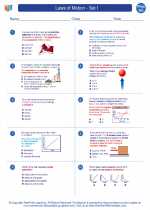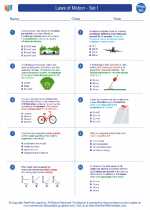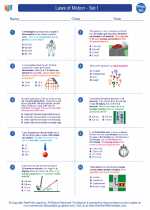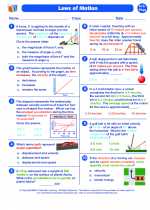Pond
Definition
A pond is a small body of still water, often shallow, and surrounded by land. It may occur naturally or be man-made.
Formation
Ponds can form through a variety of processes, such as the melting of glacial ice, the filling of depressions in the land, or the damming of streams or rivers. Human activities, such as excavation for agriculture or recreation, can also create ponds.
Ecological Importance
Ponds are important ecosystems that support a wide variety of plant and animal life. They provide habitat for aquatic plants, insects, amphibians, reptiles, fish, and birds. Ponds also play a role in the water cycle, storing water and contributing to the overall health of the environment.
Study Guide
To study the topic of ponds, consider the following questions:
- What are the different types of ponds based on their origin?
- How do ponds contribute to the local ecosystem?
- What are the key physical and chemical characteristics of pond water?
- What are the main threats to ponds and their ecosystems?
- How can human activities impact the health of ponds?
Further Exploration
For further exploration, you may want to research specific pond ecosystems, study the life cycles of organisms found in ponds, or investigate conservation efforts aimed at protecting ponds and their biodiversity.
[Pond] Related Worksheets and Study Guides:
.◂Physics Worksheets and Study Guides High School. Laws of Motion - Set I

 Worksheet/Answer key
Worksheet/Answer key
 Worksheet/Answer key
Worksheet/Answer key
 Worksheet/Answer key
Worksheet/Answer key
